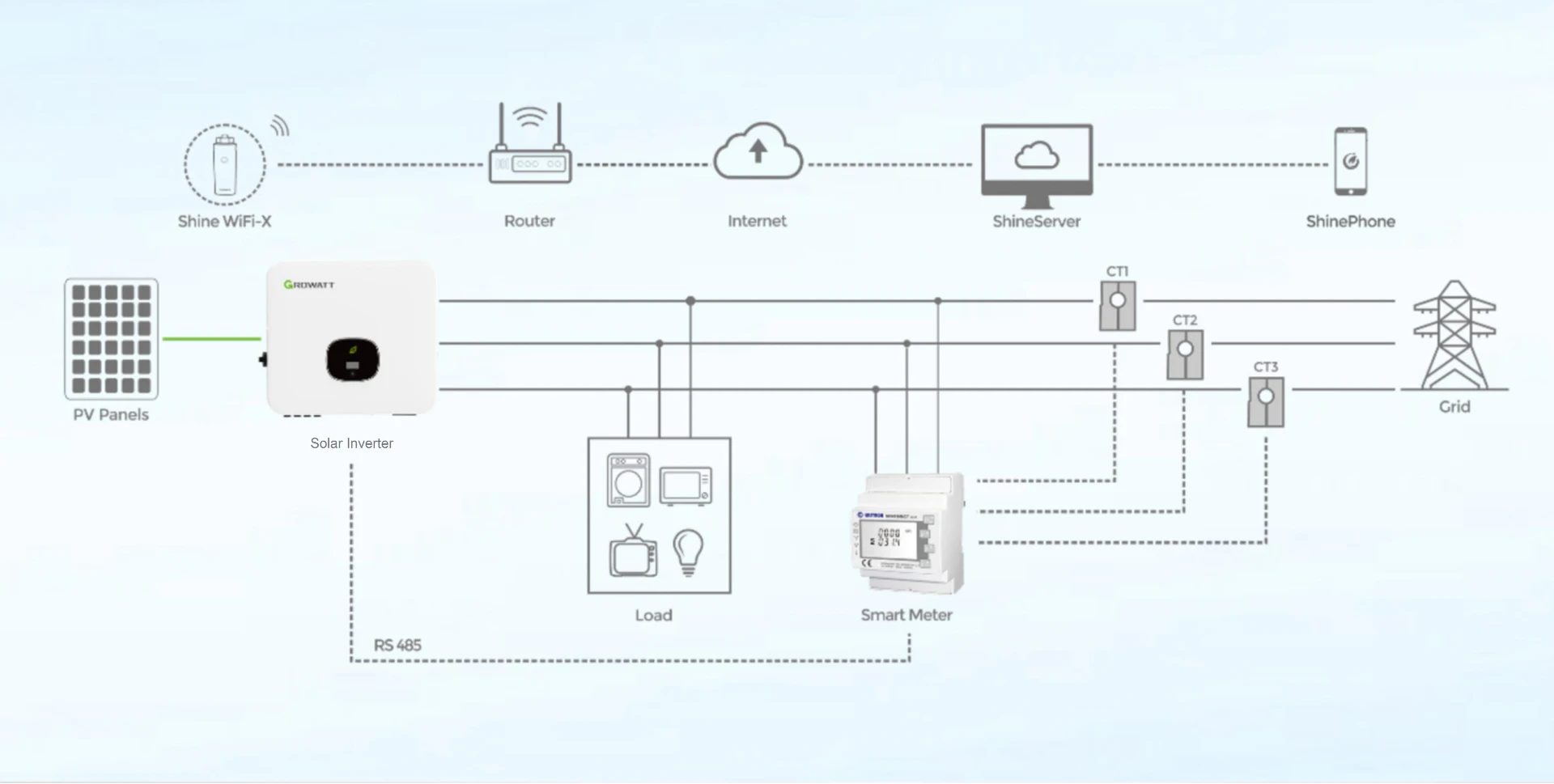home solar panel installation
The Rise of Home Solar Panel Installation A Sustainable Future
In recent years, there has been a notable surge in the popularity of home solar panel installations across the globe. This shift toward renewable energy is driven by a combination of environmental awareness, rising energy costs, and advances in solar technology. As homeowners increasingly seek ways to reduce their carbon footprint and save on energy bills, solar panels have emerged as a compelling solution.
Understanding Solar Panels
Solar panels convert sunlight into electricity through a process known as the photovoltaic effect. Each panel consists of numerous solar cells, typically made from silicon, which generate direct current (DC) electricity when exposed to sunlight. An inverter then converts this DC electricity into alternating current (AC), which is the form of electricity used to power homes. The excess energy produced can often be sold back to the grid, resulting in additional savings for homeowners.
The Benefits of Home Solar Panel Installation
1. Cost Savings One of the most appealing aspects of installing solar panels is the long-term financial savings. Although the initial installation costs can be high, solar panels have a lifespan of 25 years or more. Homeowners can save significantly on their monthly electricity bills, and many areas offer incentives or rebates that reduce overall installation costs.
2. Increasing Property Value Homes equipped with solar energy systems tend to have higher property values. Homebuyers are increasingly looking for energy-efficient features, and a solar panel installation can be a major selling point, often leading to a quicker sale at a premium price.
3. Environmental Impact Solar energy is a clean, renewable resource. By transitioning to solar power, homeowners can significantly reduce their reliance on fossil fuels, lower their greenhouse gas emissions, and contribute to a more sustainable energy future. This shift is particularly crucial in the fight against climate change.
4. Energy Independence Solar panels allow homeowners to produce their own electricity, leading to greater independence from utility companies. This is particularly beneficial in areas prone to power outages or where energy prices are volatile. Homeowners can take control of their energy sources and costs, providing peace of mind.
5. Government Incentives Many governments offer incentives to encourage the adoption of solar energy. These can include tax credits, rebates, and grants that significantly reduce the financial burden of installation. In the United States, for example, the federal solar tax credit allows homeowners to deduct a percentage of the installation cost from their federal taxes.
home solar panel installation

The Installation Process
Installing solar panels, while straightforward, involves several key steps
1. Assessment and Planning Homeowners should begin by assessing their energy needs and property suitability for solar installation. Factors like roof orientation, shade, and local regulations will affect the system's efficiency and output.
2. Choosing a Solar Provider Selecting a reputable solar installation company is crucial. Homeowners should research multiple providers, seeking ones with positive reviews, relevant certifications, and comprehensive warranties.
3. System Design Once a solar provider is chosen, they will design a system tailored to the homeowner’s energy requirements and property specifics.
4. Installation The actual installation typically takes one to three days, depending on the system size. It involves mounting panels, connecting electrical components, and ensuring the system meets local building codes.
5. Connection to the Grid After installation, the system must be inspected and approved by local authorities. Once approved, the system is connected to the grid, enabling homeowners to start reaping the benefits of solar energy.
Conclusion
Home solar panel installation represents not only a smart financial investment but also a significant step towards sustainable living. As technology continues to improve and prices drop, solar energy is becoming an accessible option for homeowners worldwide. By harnessing the power of the sun, individuals are taking charge of their energy needs, contributing to a healthier planet, and setting the stage for a brighter, more sustainable future. With endless benefits and a supportive regulatory framework, there has never been a better time to consider making the switch to solar energy.
-
Unlocking Energy Freedom with the Off Grid Solar InverterNewsJun.06,2025
-
Unlock More Solar Power with a High-Efficiency Bifacial Solar PanelNewsJun.06,2025
-
Power Your Future with High-Efficiency Monocrystalline Solar PanelsNewsJun.06,2025
-
Next-Gen Solar Power Starts with Micro Solar InvertersNewsJun.06,2025
-
Harnessing Peak Efficiency with the On Grid Solar InverterNewsJun.06,2025
-
Discover Unmatched Efficiency with the Latest String Solar InverterNewsJun.06,2025







